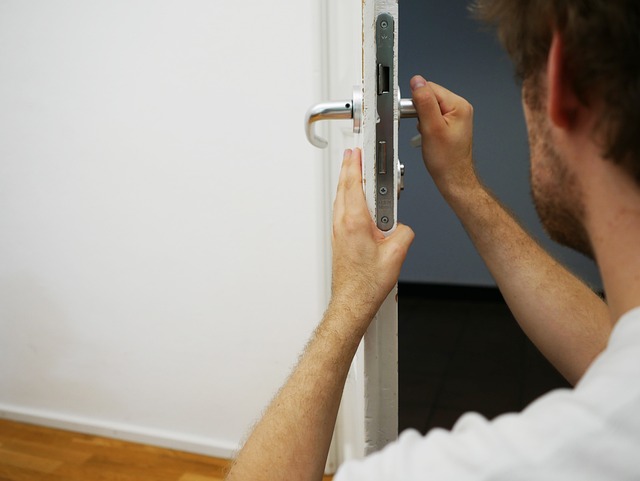When it comes to home security and locksmith services, myths and misconceptions are everywhere. Many people still hold outdated or incorrect beliefs about how locks work, what locksmiths do, and how to handle security issues. Unfortunately, these myths can lead to poor decisions — and even make your property more vulnerable.
To clear things up, we consulted experienced locksmith professionals and uncovered the truth behind five of the most common locksmith myths.
Myth 1: All Locks Are Created Equal
Debunked:
Not all locks offer the same level of protection. While they may look similar on the outside, locks vary drastically in quality, durability, and resistance to forced entry. Cheap locks from hardware stores may be easy targets for burglars using bump keys or lock-picking tools.
Expert Insight:
Professional locksmiths recommend investing in Grade 1 or Grade 2 deadbolts certified by the American National Standards Institute (ANSI). Smart locks and high-security cylinders also offer better resistance to tampering.
Myth 2: Locksmiths Only Help When You’re Locked Out
Debunked:
While lockouts are one of the most common calls locksmiths receive, their services go far beyond that. Locksmiths install, repair, and rekey locks, upgrade security systems, cut new keys, and offer consultations for residential, commercial, and automotive security.
Expert Insight:
“Think of locksmiths as security professionals, not just key retrievers,” says a certified technician. “We’re here to help you prevent problems — not just fix them.”
Myth 3: You Can’t Be Locked Out with a Smart Lock
Debunked:
Smart locks are convenient and secure, but they’re not foolproof. Power outages, dead batteries, or app malfunctions can still leave you locked out of your home.
Expert Insight:
Most locksmiths recommend having a backup entry method or ensuring your smart lock has a key override feature. Always test your lock’s features before relying on it 100%.
Myth 4: Rekeying and Replacing a Lock Are the Same
Debunked:
While people frequently confuse the two, they actually refer to entirely separate processes. Rekeying involves altering the internal pins of a lock so old keys won’t work, while replacing a lock means removing the entire unit and installing a new one.
Expert Insight:
Rekeying is often cheaper and just as effective if you want to maintain your existing hardware. It’s a wise move when you’ve just relocated or misplaced a key.
Debunked:
Trying to pick a lock, install one incorrectly, or rekey a system without the right tools and experience can damage your doors or leave your home insecure. In many cases, DIY attempts cost more in the long run due to repairs or emergency services.
Expert Insight:
“Locks are precision instruments,” explains one master locksmith. “If you don’t know what you’re doing, you could end up compromising your safety or voiding a warranty.”
Final Thoughts
When it comes to locks and security, trusting internet advice or relying on assumptions can be risky. The best way to protect your home, vehicle, or business is to work with licensed, professional locksmiths who stay updated on the latest tools, technologies, and techniques.
Remember: A small investment in expert locksmith services today can prevent major headaches — and expenses — tomorrow.

